Delivering cutting-edge science, analysis and support to accelerate climate action and keep warming below 1.5°C
Welcome to Climate Analytics
Our work
Our work creates impact where it matters, from pioneering scientific methods to ground-breaking policy analysis and research.

Publications

Extreme heat risks in Germany: priorities for adaptation and preparedness
Report finds that heat extremes are projected to rise significantly across German cities this century, with levels strongly determined by global climate change mitigation efforts. The report highlights on seven urban areas: Berlin, Frankfurt am Main (Frankfurt a. M.), Cologne, Düsseldorf, Munich, Leipzig, and Hamburg.
Publications
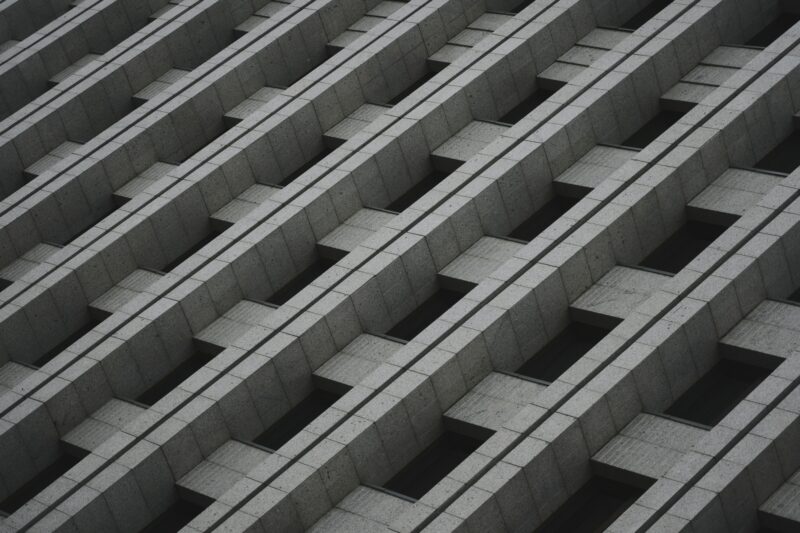
Decarbonising electricity, cement, iron and steel, and chemicals in Albania, Bosnia and Herzegovina and Serbia
This four-part series explores technical and policy decarbonisation opportunities for the Western Balkans in key industries affected by the EU's incoming Carbon Border Adjustment Mechanism (CBAM).
Publications
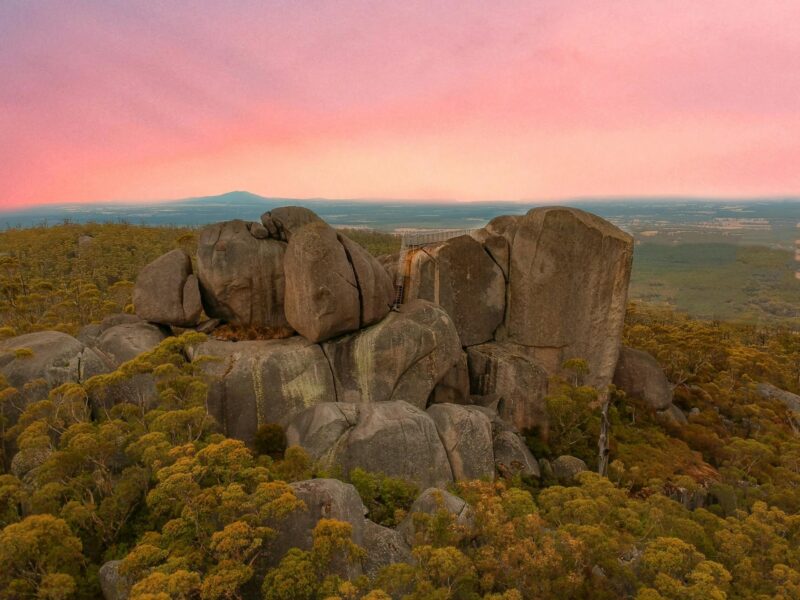
AEMO's gas projections for Western Australia: analysis
The Australian Energy Market Operator (AEMO) has just released its gas projections for Western Australia, the results of which highlight the absence of climate policies in the state.
Publications
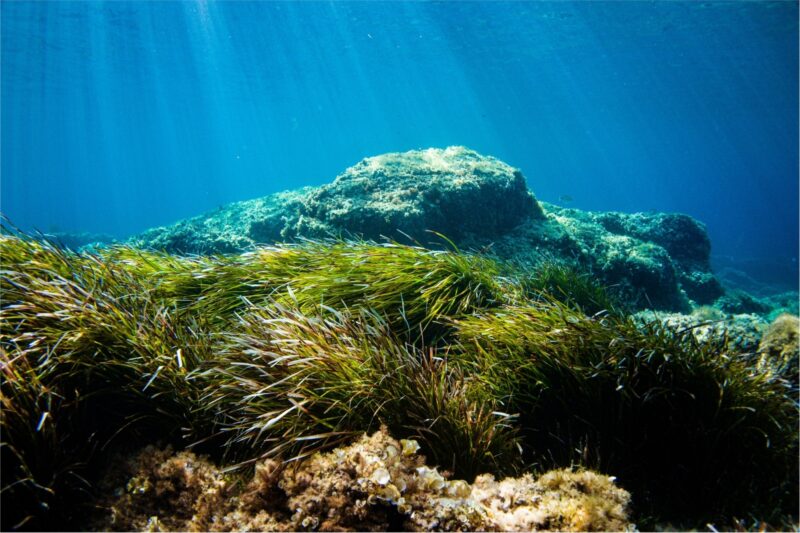
Troubled waters: risks and realities of blue carbon in climate action
Carbon stored in coastal and marine ecosystems, such as mangroves, salt marshes, and seagrass meadows (blue carbon) is viewed as a potential bridge between mitigation, adaptation, and climate finance. However, as this brief explores, the viability of blue carbon as a mitigation option is questionable due to the fragility of these systems and the use of blue carbon as offsets counterproductive.
Publications

Catalysing LT-LEDS implementation in Africa: Insights, bottlenecks, and solutions from country experiences
This report examines how African countries are advancing from the design to the implementation of their Long-Term Low-Emission Development Strategies (LT-LEDS), drawing on case studies from Burkina Faso, Ethiopia, Kenya, Nigeria, Rwanda South Africa, Rwanda, Uganda, Zambia, and Zimbabwe, as well as extensive desk research and comparative analysis.
Publications

Loss and damage financing and debt sustainability: advancing justice and equity in the Caribbean
This report highlights the cyclical relationship between climate-induced loss and damage and growing fiscal debt levels in Caribbean SIDS. The report offers several policy recommendations to break the cycle of debt and climate vulnerability.

The Paris Agreement is working. Ten years later, the world needs to finish the job.
Whether the Agreement ultimately succeeds depends on whether political leaders and their governments have the courage to close the ambition gap, phase out fossil fuels, scale up finance for a just transition, and protect people already facing mounting loss and damage.

IPCC input into the second Global Stocktake still on the table – but under threat
No certainty on delivery of key reports for the second Global Stocktake as IPCC fails to agree on dates for AR7 at IPCC-63 in Lima

Why action on surging methane emissions this decade is key for 1.5°C
Methane is a highly potent but short-lived greenhouse gas, and its emissions are rising globally and across all sectors. Taking strong action this decade, especially in the energy sector, is necessary to deliver rapid climate benefits and keep the 1.5°C Paris Agreement goal within reach.
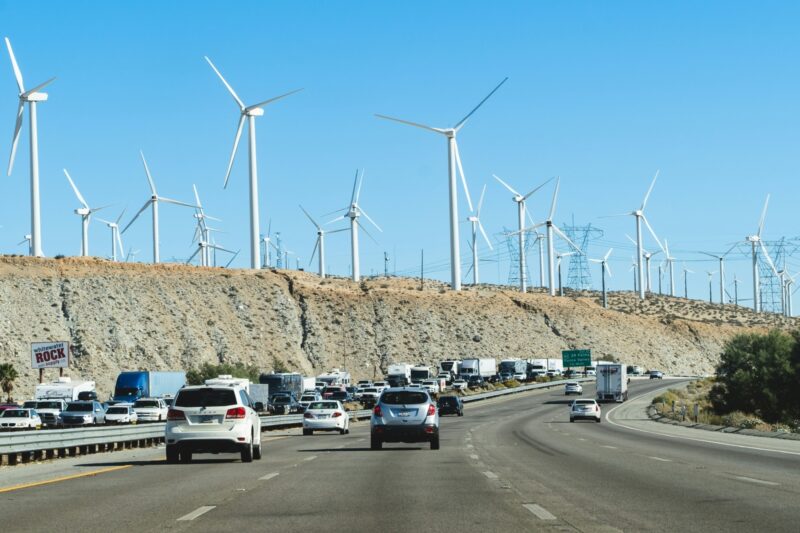
The State of Climate Action in 2025: 10 key findings
The 2025 State of Climate Action report is sobering: Not one of the 45 indicators assessed is on track to achieve its 2030 target. Unprecedented transformational changes across every sector are needed to keep the Paris Agreement goal within reach.

Bill Hare comments on WMO 2025 Update

Bill Hare, CEO of Climate Analytics, comments at the end of COP30

2025 continues streak of hottest years ever recorded
Projects
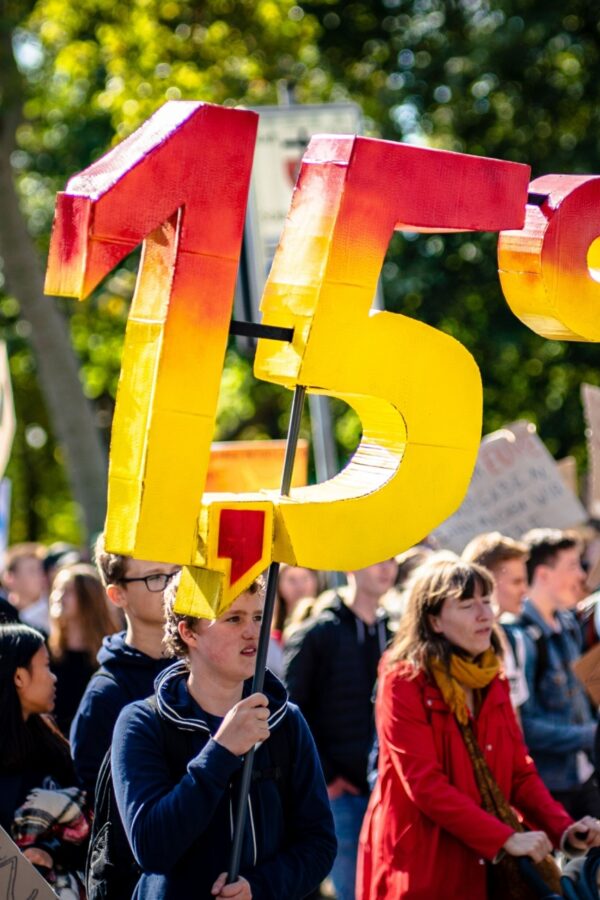
Climate Action Tracker
The Climate Action Tracker is an independent science-based assessment, which tracks the emission commitments and actions of countries.

Climate ambition support
Supporting climate-vulnerable countries in strengthening their roles and voices in international climate negotiations.
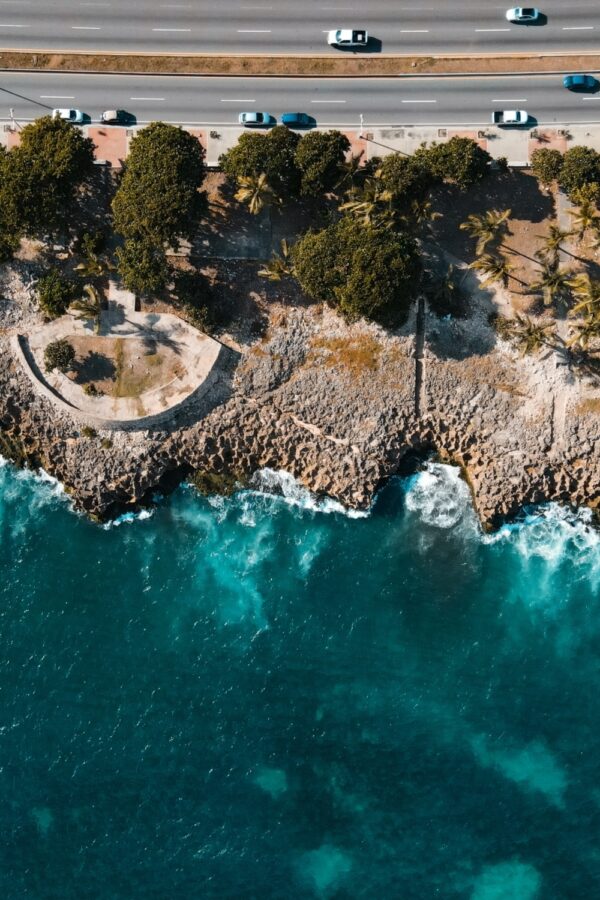
Advancing knowledge on loss and damage in the Caribbean
The IsLanD Advancement project aims to improve access to loss and damage finance in the Caribbean through better data and awareness raising.



















